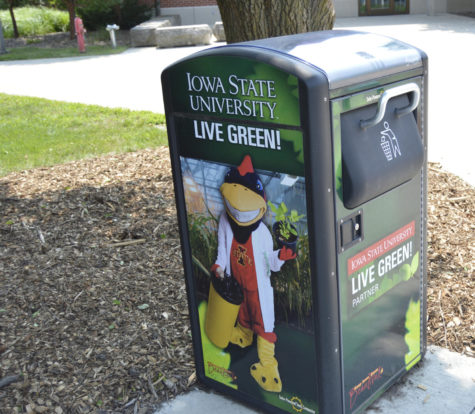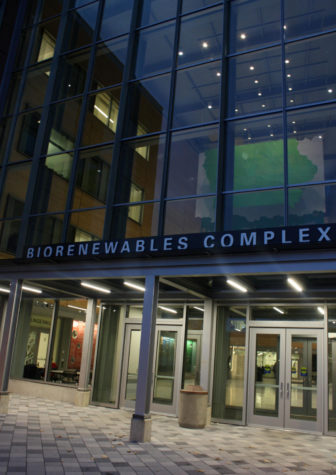Class teaches on water scarcity
April 30, 2012
Water scarcity, a topic of debate worldwide, is hard to relate to living in Ames, where water resources seem ubiquitous. Unfortunately, water resources are not spread out equally across the world.
It is hard to imagine that 884 million people worldwide do not have access to clean water. Thus, in the United States, where water is easily accessed, citizens normally do not think twice about the amount of water they are using or how their activities may be polluting local water systems.
In an effort to educate students about water resource scarcity and the social problems that may arise from this, Iowa State offers two sections of a water sustainability-themed English 250 course each spring. The course has been offered for a few years, and as an agriculture learning community course, it is primarily for agronomy majors. The sections operate on a first come, first serve basis, opening up first to agriculture majors and then filling the remaining seats with students with similar majors.
The course is geared toward agriculture students because farming practices have a tremendous effect on water resources.
“We wanted a topic that was relevant to agriculture and also very current and important in the world. Many students go home to farm or work in an agriculture industry,” said Allison Greenwald, lecturer of English who teaches the course. “To expose them to ethical issues in fertilizers, ethanol and soil erosion that effect water resources is important.”
The course takes a diverse approach to the water issues discussed from local issues such as the Skunk River cleanup to well-building in Uganda so as to spark an interest in all students.
Jeremy Withers, lecturer of English who also teaches the course, said in-class discussions about reading assignments are emphasized and students are encouraged to take on a critical lens and formulate good arguments with ample evidence. Students also are encouraged to write about topics that directly effect them and to formulate solutions that are both applicable and realistic.
Faculty lecturers also are invited from a wide range of water-specific expertise to get students engaged and excited about water sustainability. Past speakers have included Jim Colbert of the ecology, evolution and organismal biology department discussing Skunk River Navy and Dustin Brooks, president and founder of the Clean Water Movement.
Although this course currently operates as a learning community for agriculture majors, the English department is considering expanding the theme to other majors.
“[Water resources are] obviously something that everyone takes for granted,” Withers said. “One of the challenges is getting people to dare to imagine, in a not-so-distant future, ready access not being there or in another country where it isn’t readily available. It’s something that everyone should be thinking about.”
Water resource scarcity is something that is not far off and may cause serious social problems. Students should embrace opportunities to learn how to manage water at a sustainable pace so that they are able to make a positive impact in the water sustainability movement.









